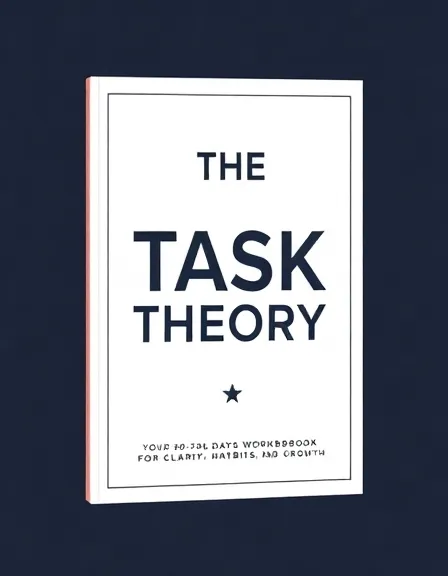Narayan Dhital
Biography
Aspiring Author
Reviews Summary
3.7
Rating Breakdown
3 total ratings
Aspiring Author
3.7
Rating Breakdown
3 total ratings
This first chapter really drew me in with its promise of a structured approach to tackling inertia. The explanation of the 'Task Theory' feels straightforward and addresses a common struggle. Narayan Dhital's writing style is approachable and easy to digest, making the concepts feel manageable. It sets a clear expectation for what the 90-day workbook will offer without giving too much away. I'm definitely interested in reading the rest to see how the three phases unfold. The idea of breaking down growth into distinct phases is quite appealing. It feels like a practical tool for someone looking for a guided path to self-improvement. I'm curious to explore the exercises and templates mentioned for each phase. Worth upgrading to read the complete version to see if it delivers on its potential for clarity and habits. The focus on small, consistent steps rather than drastic changes is encouraging.
This first chapter of The Task Theory certainly sets a clear and structured path for readers. The concept of tackling inertia through manageable steps feels very grounded and accessible. Dhital's writing style is straightforward, making the core ideas easy to grasp immediately. It effectively communicates the workbook's purpose and the potential for transformation. I'm curious to see how the phased approach translates into practical exercises in later chapters. This initial preview makes me believe it's worth upgrading to read the complete version. The promise of clarity and habit building over 90 days is quite compelling. I'm definitely interested in reading the rest to see if it delivers on its ambitious promise.
This first chapter really drew me in with its direct approach to tackling inertia. The concept of breaking down growth into manageable phases feels quite practical and well-structured. I appreciate the acknowledgement that starting is often the hardest part, and the workbook aims to address that head-on. The promise of tangible tools and a clear path forward is very appealing for anyone feeling stuck. While the introduction clearly outlines the workbook's intention, I'm curious to see how the practical exercises are presented in detail. The idea of building momentum gradually rather than expecting drastic change resonates deeply. I'm definitely interested in reading the rest to see if the workbook delivers on its promise of clarity and sustained development. It sets a good foundation for what seems like a genuinely helpful guide.
